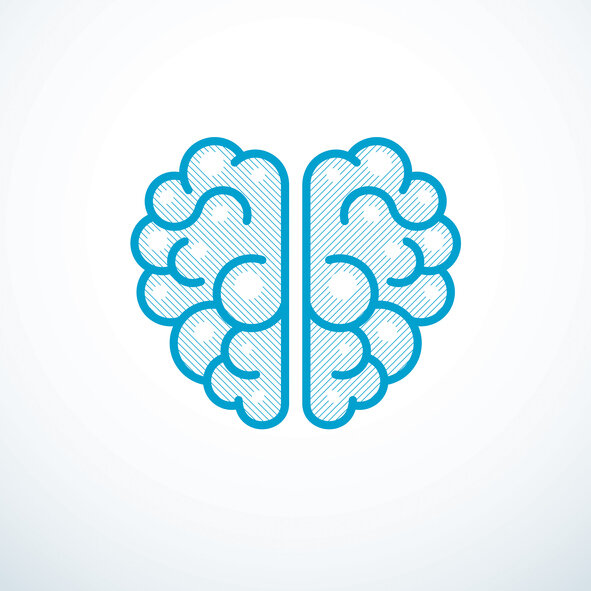Tony Schwartz, owner The Energy Project and Emily Pines, Managing Director of Content Development in the same consulting firm, say that negative emotions such as stress, fatigue, and panic can be as contagious as the new coronavirus. They explain that humans react differently upon a crisis: the overwhelmed self, the adult self, and the survival self. The overwhelmed self is a childish part of a person, the most defenseless and vulnerable. The adult self is the person who remains calm in the face of such situations to be able to calm the childish part.
In atypical or extreme situations like we are all experiencing in the face of the coronavirus pandemic, we need to learn how to act in the face of uncertainty and not be overcome by fake news or panic. Schartz and Pines describe this stage as survival self and can lead us to act reactively, impulsively, and haphazardly. This stage can be dangerous because it does not help solve complex problems as it leads the human being to be reactive rather than deliberative.
According to Schwartz and Pines, the key to reaching the adult self lies in emotional intelligence. One way to avoid falling into survival mode is to name our emotions, as having them bottled up can lead us to explode negatively. Once feelings are expressed, it becomes easier to control our emotions and normalize them. That is, observing our feelings and naming them gives rise to the adult part, where we manage them rather than be handled by them. Another excellent way to cope with this crisis is to try to stay calm and focus on what we can control. For example, stocking up without falling into panic purchases helps us feel more relaxed and in control.
Yasmin Anwar writes in Futurity that focusing on activities that can be done at home like gardening or crafts helps control anxiety. Quarantine is a good time to learn something new or do activities that have been pending, such as practicing an instrument, finishing a book, or starting a journal. Events such as this help you feel more in control and let you make the most of your time. The good thing is that it is easy to find tutorials on the internet about all kinds of things such as piano lessons, yoga, or learning to knit. If you have children, these activities can also help bring the family together.
Being in regular contact with family and friends in times of social estrangement is also essential. Complete isolation can lead to depression. There are currently many applications and tools to help us keep in contact with friends and family, from Facebook and WhatsApp to Zoom, Skype, or Slack. Rhiannon Lucy Cosslett advises in The Guardian to avoid continuously reviewing the news, mainly if this triggers negative emotions or contributes to being in survival mode. Emotional intelligence allows us to be more critical about what we read in the news and avoid falling into stress and panic. That article sent in a WhatsApp group, was it from a scientific expert or doctor? A representative of the government? Or a “friend of a friend”? Let’s use Google with discretion when looking for symptoms and “solutions” for coronavirus so that we avoid self-diagnosing and self-medicating. Instead, Rhiannon Lucy Cosslett and Yasmin Anwar recommend meditating and exercising, activities that are easy to do at home, and help us be in better control of our emotions.
In these times of uncertainty, most people are nervous and anxious, practicing empathy in the face of a crisis is essential. Coronavirus and social distancing affect us all differently. Keeping in mind that others can take this situation individually can help us interact better with others, whether they are our co-workers, friends, or family. It is also important to remember that each person handles stress differently; trying to understand others and extend them empathy can help them manage the situation better. Finally, in these moments, it is vital to stay calm. Today, technology allows us to remain connected to the outside world despite social distancing. Besides that, the internet is a great tool to look for tutorials on meditation, breathing, and relaxing, which will help us feel less overwhelmed. In these times of constant change and uncertainty, it is of paramount importance to remain calm, practice empathy, and find a way for this crisis to affect our day-to-day life as little as possible. It is essential to reduce anxiety levels and focus on what is paramount, namely, our health.
This article from Observatory of the Institute for the Future of Education may be shared under the terms of the license CC BY-NC-SA 4.0 
)
)


)